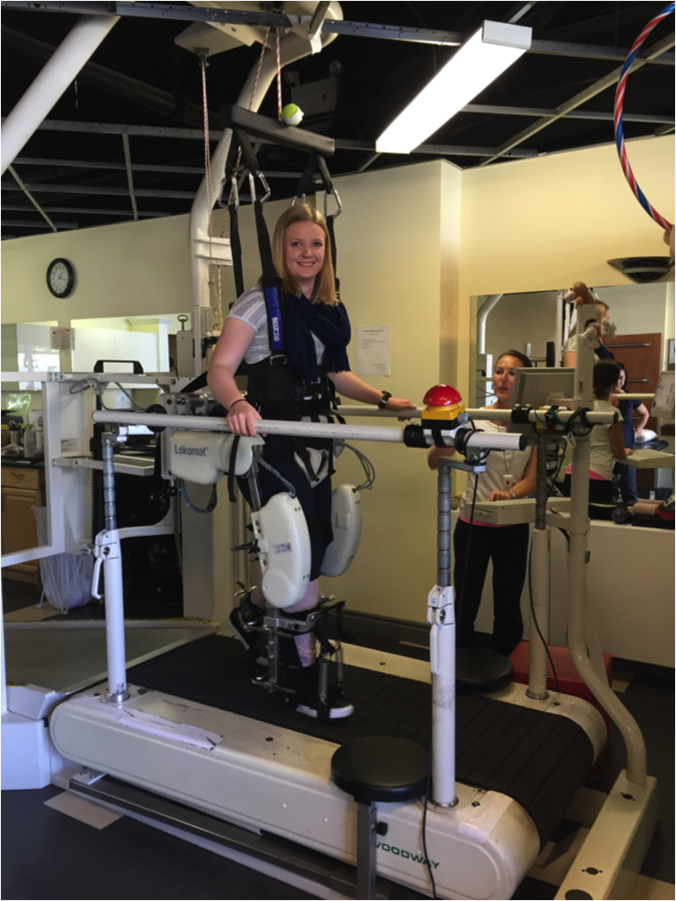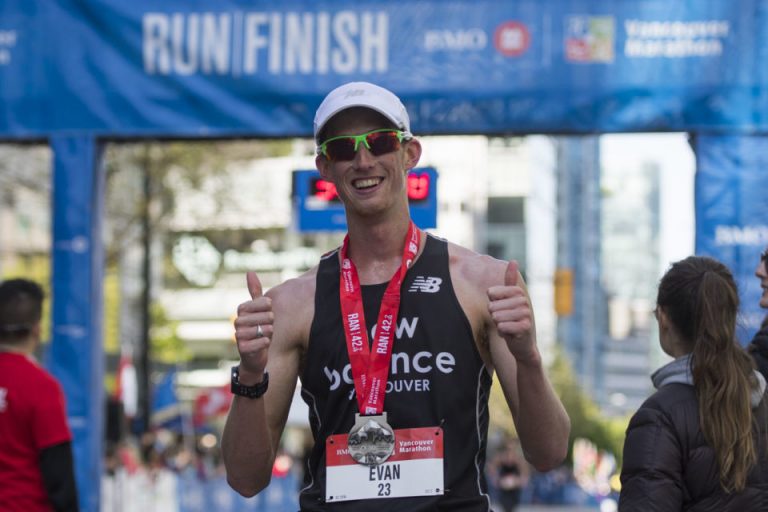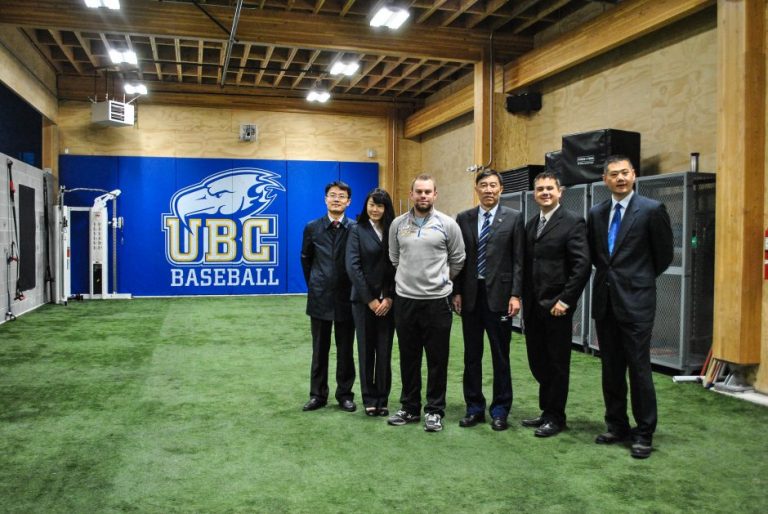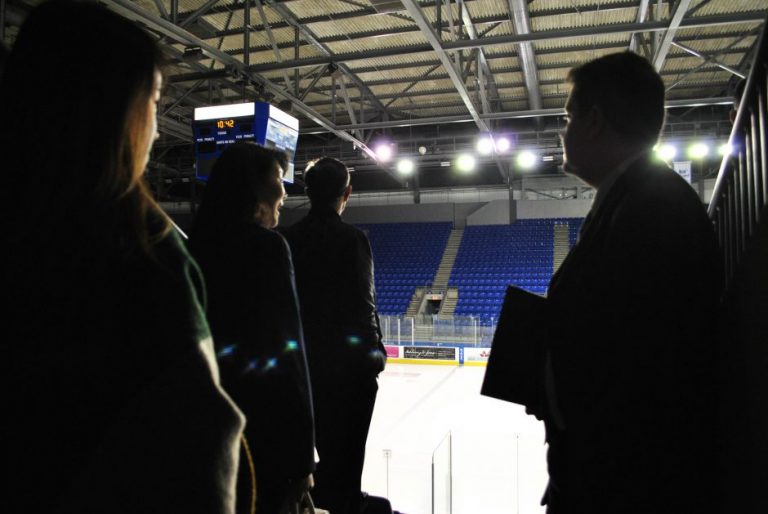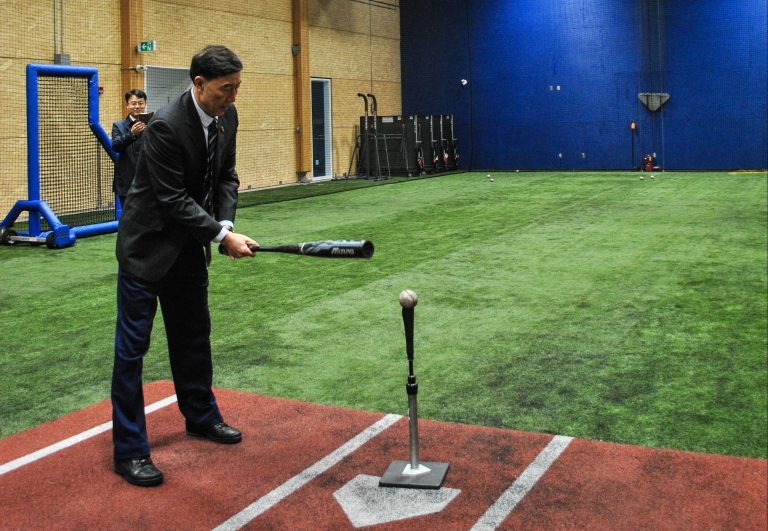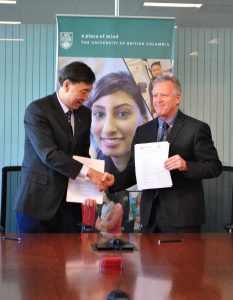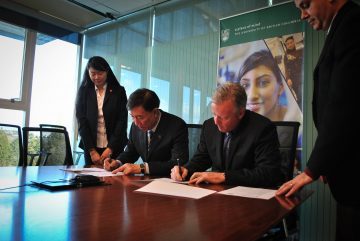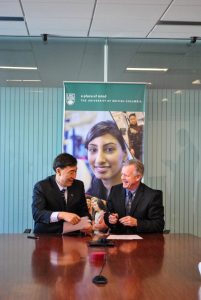On April 5, the Liu Institute for Global Issues brimmed with energy and enthusiasm as the School of Kinesiology hosted its annual Student Leadership Awards banquet.
Recognizing the volunteerism, commitment, and dedication of Kinesiology student leaders throughout the 2016-2017 year, this event acknowledges those who contribute to a vibrant and thriving KINmmunity.
“The success of our community is largely determined by those who lead, and the strength of our community is only as strong as the quality of our leadership,” said the School of Kinesiology’s Director, Dr. Robert Boushel in his welcome address.
“The undergraduate leadership in the School of Kinesiology is vibrant, healthy, and stronger than ever.’”
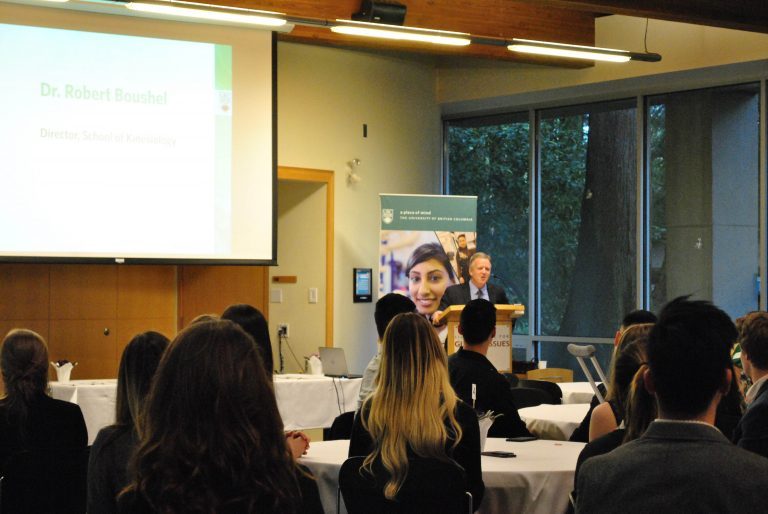
- Dr. Robert Boushel, Director of the School of Kinesiology
113 Kinesiology students were recognized for their involvement in eight different categories; many taking on more than one role in the following areas: Orientations & Transitions, Academic Advising, Co-op, the International Summer Program, BodyWorks and Active Kids, Kinesiology Peer Academic Coaching, as well as the many programs and events run by the Kinesiology Undergraduate Society, their coordinators, and committees.
During his keynote address, Assistant Professor Dr. Moss Norman shared some powerful insights connecting leadership, human movement and wanting to make a difference.
“What we’re recognizing with these awards is your selfless giving without the expectation of return—and that’s what defines us as a profession. A sense of purpose that centres on giving of one’s time, knowledge, passion for the sake of others.”
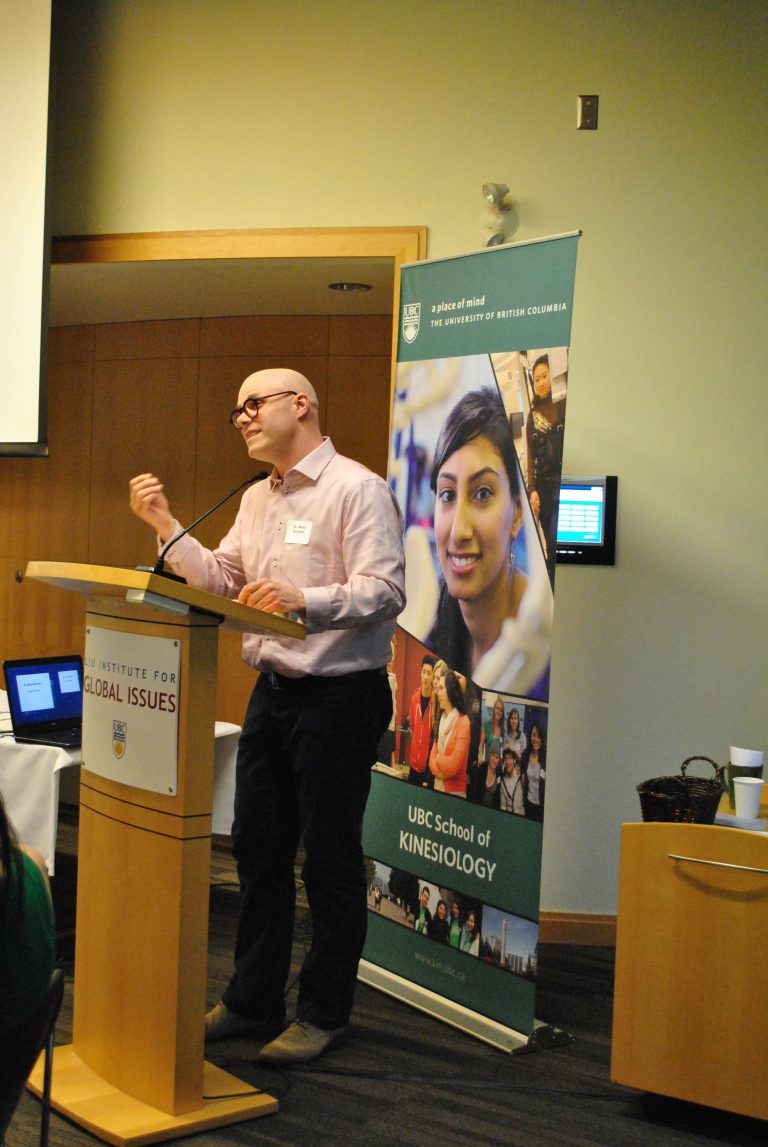
- Dr. Moss Norman
View all event photos here
Congratulations to all our Student Leadership Award Winners!
Alex Yang, Alex Bradshaw, Alex Tham, Alison MacDonald, Ally van Tassel, Amanda Serek, Andrea Wong, Andrew Au, Andrew Tsia, Andy Siu, Angela Law, Angelina Ko, Anne Wyrough, Annie Lu, Ashley Nard, Ashna Siddoo, Betty Chen, Brent Mosher, Brianna Fong, Caitlin Geary, Cecilia Fung, Charlie Gunn, Charlotte Phillips, Christina Ray, Clarence Le, Cody Shaul, Conor Regan, Courtney Chan, Cynthia Zawilski, David Ko, Dayton Truchenek, DuPreez Smith, Eric Smith, Erin Reid, Erisa Ichikawa, Harry Sidhu, Iris Xie, Jackie Lin, Janice Chan, Jen Boughner, Jenna Carpenter-Boesch, Jenna Holm, Jessica Wong, Joanna Li, Jonathan Kim, Jordie Hum, Juancho Ramirez, Kathryn Soo, Kerstin Swanson, Kiarash Bolouri, Kile Cooke, Koji Aiken, Kristen Joy-Corell, Kyle Madarieta, Larissa Taddei, Lauren Barnett, Leah McLellan, Leena Yamaguchi, Lilin Zhang, Lindsay MacIsaac, Marina Habib, Matthew Liao, Max Geise, Megan Mackay, Megan Gardner, Melissa Bellman, Micaela Dickhof, Michelle Jang, Michelle Yan, Michelle Ta , Narada Lobo, Natasha Minenok, Nathan Ip, Navpreet Gill, Neena Patel, Nicholas Li, Nicole Weger, Nicole Beaulieu, Oscar Ortiz, Paige Farquharson, Preet Ghandi, Rachel Simpson, Rachel Wong, Rachel Cherniwchan, Ravinesh Bhawan, Robert Ogloff, Rokin Wong, Sandra Gerlich, Sanya Jacob, Sarah Keglowitsch, Sarah Richter, Scott Howard, Shayne Casey Shaw, Siaw Yee Chew, Sofy Tsai, Stephanie Quon, Surk Riarh, Teresa Chang, Theo Bai, Tom Kanwischer, Tristan Mascarenhas, Walee Malik, Wayne Tan, Yingying Zhao , Zachary Besler, Zoe Sarafis, Zoe Anderson, ZongYu (Charlie) Chua, Laura Robertson, Sarah Richter, Clarence Le, Chris Ly
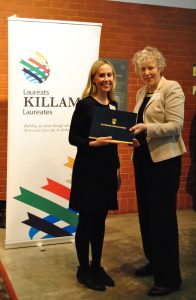
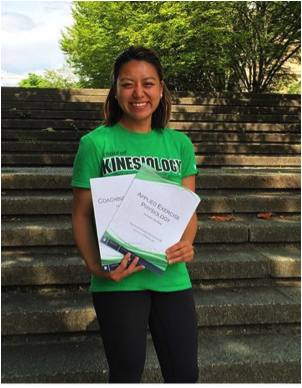 Graduating year: May 2019
Graduating year: May 2019